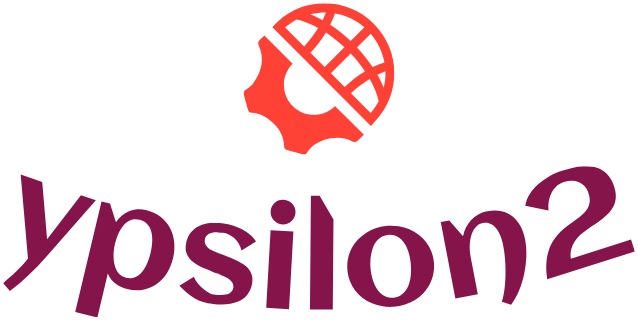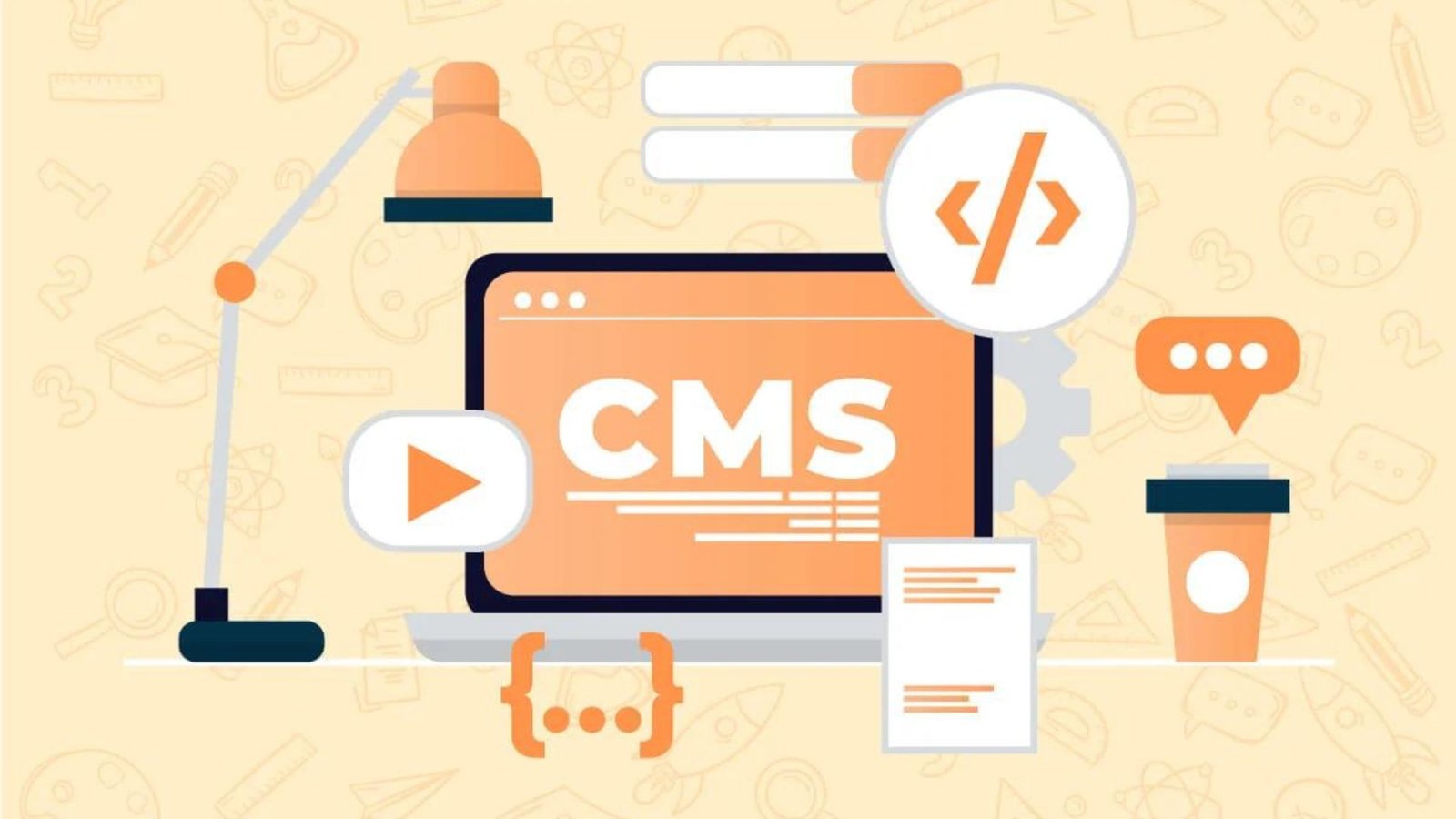A Content Management System (CMS) is a software platform that enables users to create, manage, and publish digital content without requiring extensive technical knowledge. It offers a range of features and benefits that can streamline website management and enhance user experience. Here’s a detailed look at the advantages of using a CMS.

Easy Content Creation and Management
CMS platforms simplify the process of creating, editing, and organizing content. With user-friendly interfaces and built-in editors, users can manage their content efficiently without needing to write code.
- WYSIWYG Editors: “What You See Is What You Get” editors allow users to create content visually, making it easier to format text, add images, and insert links.
- Content Scheduling: Users can schedule content to be published at specific times, ensuring timely updates and consistent content flow.
Cost-Effective Solutions
Implementing a CMS can be more cost-effective compared to custom-built websites, especially for small to medium-sized businesses.
- Reduced Development Costs: Many CMS platforms offer pre-built themes and plugins, reducing the need for custom development.
- Lower Maintenance Costs: CMS platforms often come with built-in tools and support, minimizing ongoing maintenance expenses.
Flexibility and Customization
CMS platforms offer a high degree of flexibility and customization to meet various business needs and branding requirements.
- Themes and Templates: Users can choose from a wide range of themes and templates to customize the look and feel of their website.
- Plugins and Extensions: Extend functionality with plugins and extensions, adding features such as e-commerce capabilities, SEO tools, and social media integration.
User-Friendly Interface
CMS platforms are designed to be user-friendly, allowing individuals with limited technical skills to manage their websites effectively.
- Intuitive Dashboards: Most CMSs have intuitive dashboards that provide easy access to content management, settings, and user management.
- Training and Support: Many CMS platforms offer extensive documentation, tutorials, and support forums to assist users in navigating the system.
SEO-Friendly Features
A CMS can enhance your website’s search engine optimization (SEO) with built-in tools and features designed to improve visibility in search engine results.
- SEO Plugins: CMS platforms often have SEO plugins that assist with on-page optimization, such as meta tags, keywords, and sitemaps.
- Clean URLs: Many CMSs generate clean and user-friendly URLs, which can improve search engine ranking and user experience.
Scalability
As your business grows, a CMS can scale with you, accommodating increased content and traffic without requiring a complete overhaul.
- Scalable Architecture: CMS platforms are built to handle growing amounts of content and user interactions.
- Modular Design: Add new features and functionality as needed through plugins and extensions, allowing for easy expansion.
Security Features
CMS platforms often include built-in security features and regular updates to protect against vulnerabilities and cyber threats.
- Regular Updates: CMS developers frequently release updates to address security vulnerabilities and improve functionality.
- Security Plugins: Additional security plugins can be installed to enhance protection, such as firewalls and anti-spam measures.
Multi-User Collaboration
A CMS supports multiple users with varying roles and permissions, facilitating collaboration among team members.
- Role-Based Access: Assign different roles and permissions to users based on their responsibilities, ensuring appropriate access to content and settings.
- Collaborative Editing: Multiple users can work on content simultaneously, improving efficiency and collaboration.
Integration Capabilities
CMS platforms can integrate with various third-party tools and services to enhance functionality and streamline operations.
- Analytics Integration: Connect your CMS with analytics tools like Google Analytics to track website performance and user behavior.
- E-Commerce Integration: Easily integrate with e-commerce platforms to manage online stores and transactions.
Improved Content Organization
Organizing content effectively is crucial for both user experience and SEO. A CMS helps maintain a structured and organized content hierarchy.
- Categorization and Tagging: Use categories and tags to organize content, making it easier for users to find relevant information.
- Search Functionality: Implement search features to help users locate specific content quickly.
Conclusion
A Content Management System (CMS) offers numerous benefits, including ease of content management, cost-effectiveness, flexibility, and user-friendly interfaces. By leveraging these advantages, businesses and individuals can create and maintain dynamic, well-organized, and secure websites that meet their needs and support their growth.




